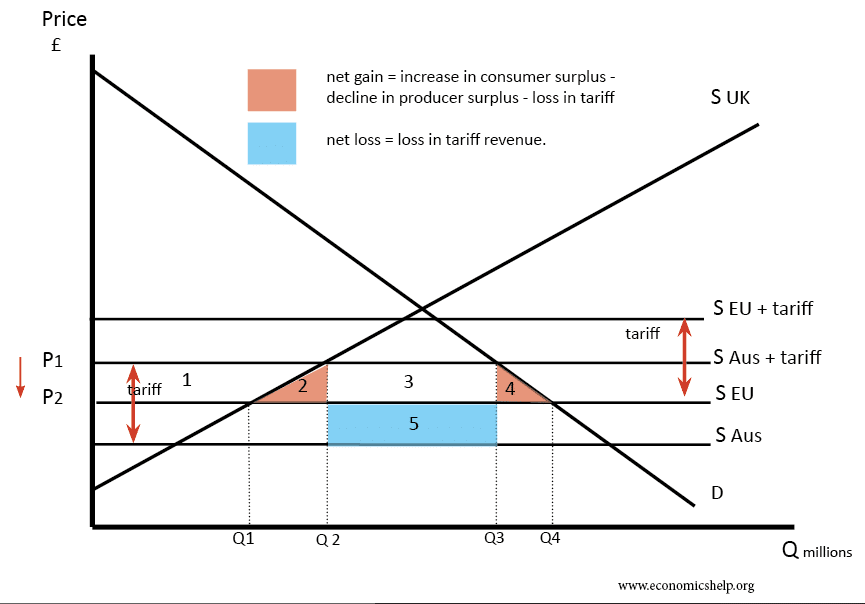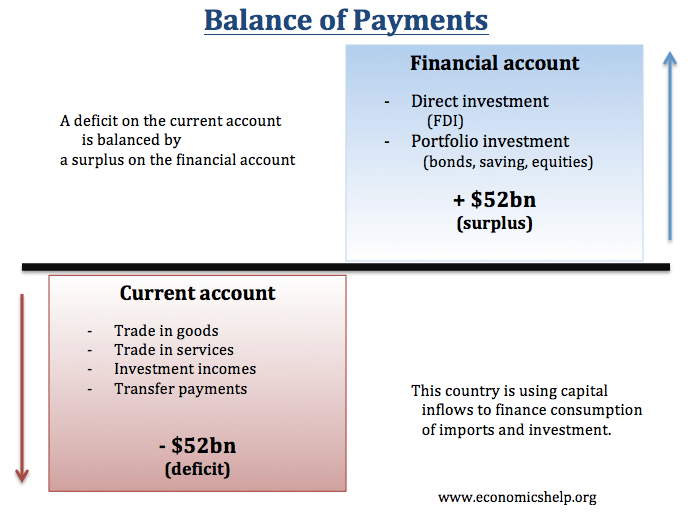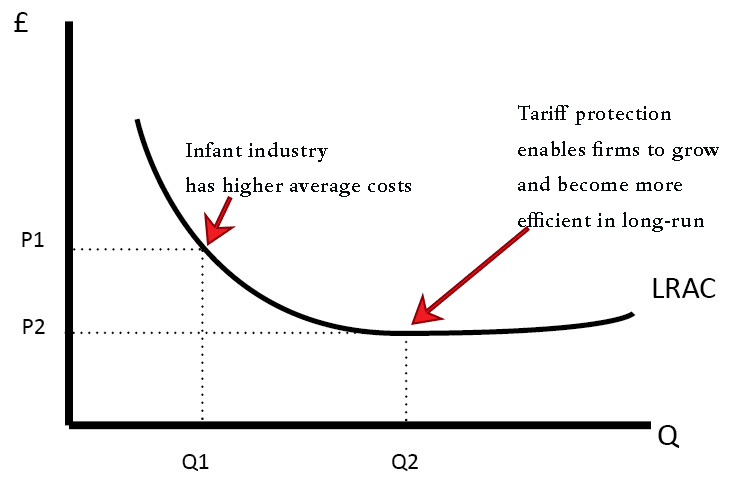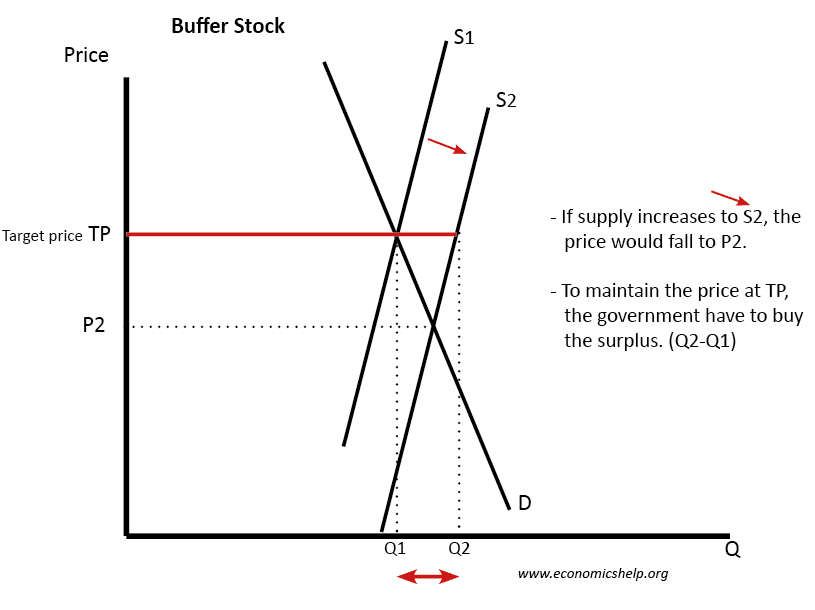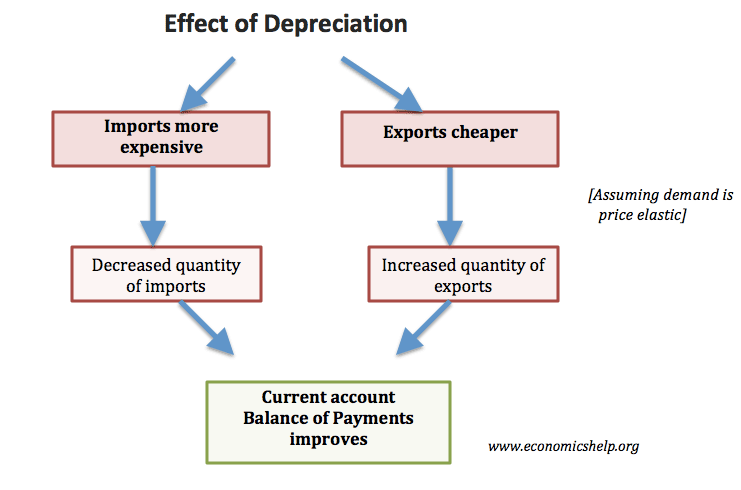International Trade
If countries specialize in the production of certain goods and then trade with other countries there will be an increase in economic welfare. Countries will specialize in those goods where they have a comparative advantage. Absolute Advantage This occurs when one country can produce a good with fewer resources than another. E.G. if USA can …

